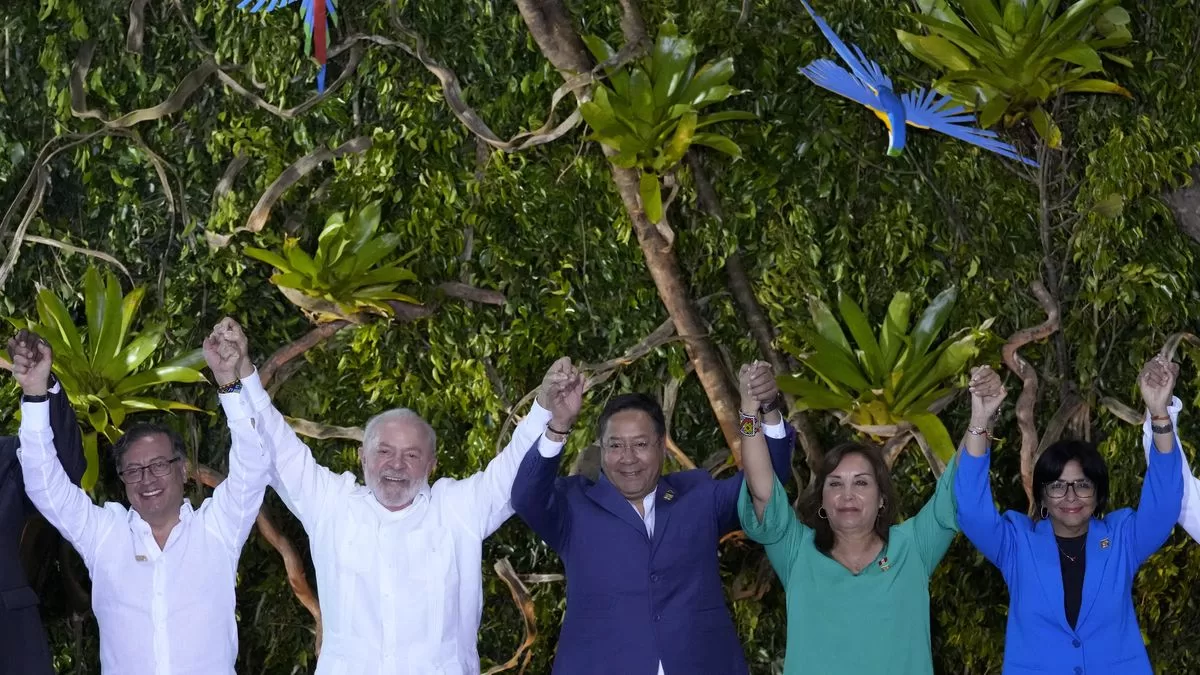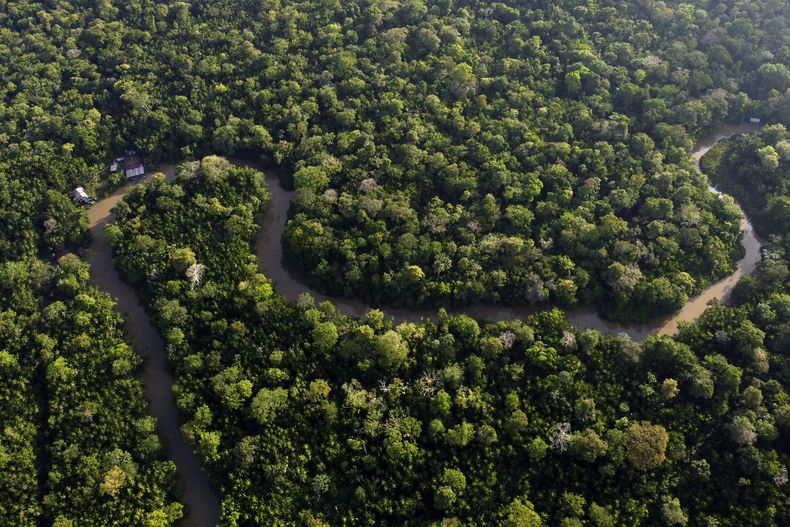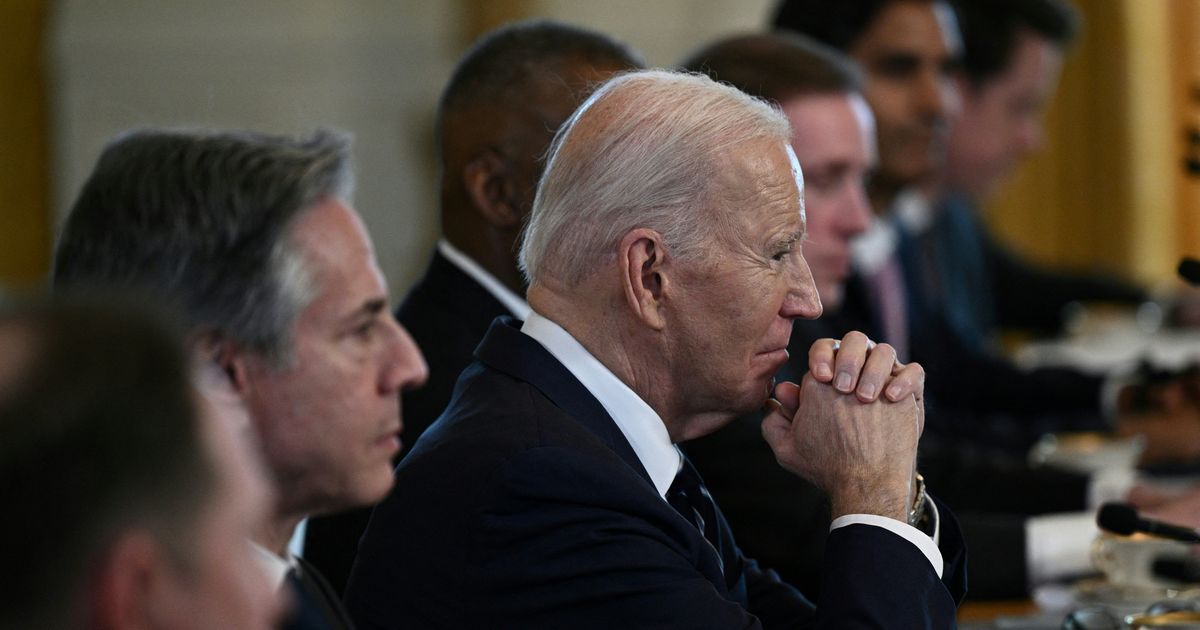On Tuesday, presidents and ministers of eight Amazon countries signed a declaration of their plans to boost their countries’ economic development while preventing the region’s long agony from “reaching a point of no return.” Some scientists say that when 20 to 25% of the forest is destroyed, rainfall will be drastically reduced and more than half of the forest will turn into tropical savannah with a huge loss of biodiversity.
The eight countries—Bolivia, Brazil, Colombia, Ecuador, Guyana, Peru, Suriname, and Venezuela—members of the recently revived Amazon Cooperation Treaty Organization (OTCA), have expressed the hope that a united front will give them a greater presence in the global environmental talks ahead of the COP 28 climate conference in November.
Several environmental groups expressed disappointment with Tuesday’s statement, which they viewed as a compilation of good intentions with few concrete targets and timelines. For its part, the largest indigenous organization in the region declared itself pleased with the inclusion of its two main claims.
Joining the meeting on Wednesday were the presidents of the Republic of the Congo and the Democratic Republic of the Congo, an emissary of the Indonesian president and the French ambassador to Brazil representing the territory of French Guiana. Also in attendance was the president of Norway, the largest contributor to the Brazilian Amazon Fund for sustainable development.
Officials from developing jungle countries were expected to sign a joint document titled “United for our forests,” according to the agenda of Brazilian President Luiz Inácio Lula da Silva.
The summit reinforces Lula’s strategy to boost global interest in the conservation of the Amazon. Encouraged by a 42% decrease in deforestation in his first seven months in office, he has sought international financial support for the protection of the forest.
The Amazon stretches over an area twice the size of India. And two-thirds of it is in Brazil, while seven other countries and one territory share the remaining third. Historically, governments have viewed it as a zone of colonization and exploitation, with little regard for sustainability or the rights of its indigenous peoples.
All the countries present at the summit have ratified the Paris climate agreement, which requires the signatory parties to set targets for the reduction of greenhouse gas emissions.
ACTO members, which are meeting for only the fourth time in 45 years of existence, showed on Wednesday that they are not fully aligned on crucial issues. The joint declaration did not include a shared commitment, already made by Brazil and Colombia, to reduce deforestation to zero by 2030.
FOUNTAIN: Associated Press



